How to Tell When an Appliance Store Is Going Out of Business
March 22nd, 2024 | 8 min. read

Last week, Appliance Connection, a significant player in the online appliance market, went out of business, leaving many customers stranded.
You do not want to participate in this latest store closing trend.
In this article, you will learn why and, more importantly, how to spot and avoid these stores.
In the end, I included some steps to take if you can't get your money out of a Chapter 7 or 11 liquidation.
Let's get started.
Spotting Store Closures: The Latest Appliance Challenge in 2024
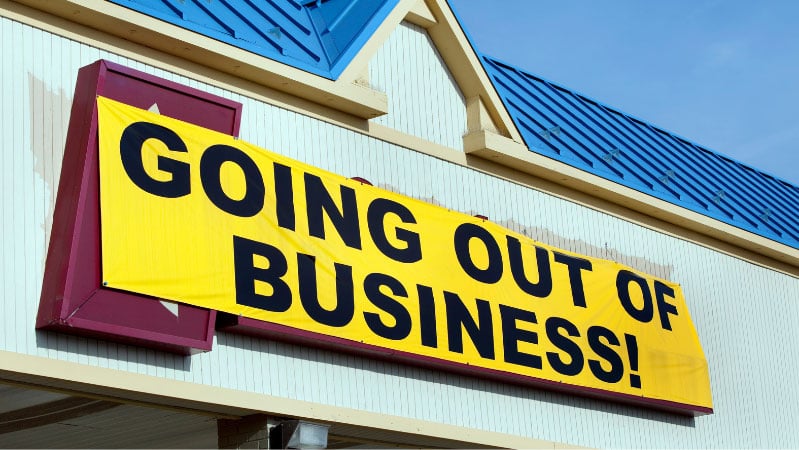
About 20 years ago, I walked into a competitor's showroom in Brookline.
He wanted us to buy his inventory and assets.
The once proud company was in absolute disarray - chaos was a better word.
The father was a solid businessman and well respected, but the son had no flair or talent for this business.
It was 3 o'clock on a Saturday, and despite the stated business hours being until 6 PM, he said, "I am going home."
I stood in the parking lot in disbelief.
Fortunately, customers didn't lose their money as they went out of business without owing people their deposits or appliances, but this is not the norm.
People lose tons of money in store closings every year.
Appliance Connection and the Reality of Online Appliance Stores
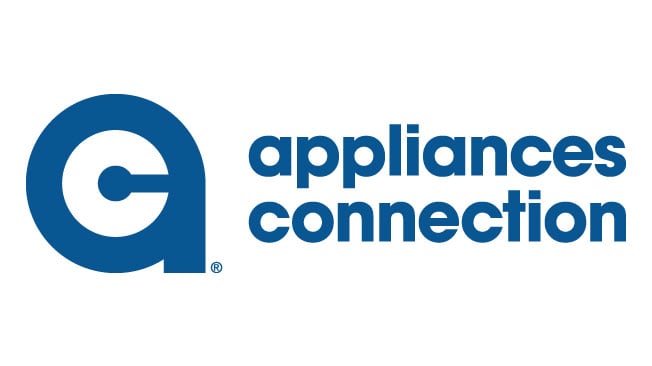
Appliance Connection went out of business last week.
Additionally, there was a 250 million dollar appliance store listed on the stock exchange.
Polished was the company name, but they were anything but.
Appliance Connection and internet stores like them will eventually go out of business for two reasons:
- They sold every brand: Many brands shouldn't be sold due to reliability and damage issues. It's not possible to stock and faithfully deliver that many of brands.
- Shipping: Delivery out of one warehouse nationwide is a recipe for disaster. Most of these businesses are based out of New York and ship as far as California.
Not only is it ridiculously expensive, but also the damage rate is high, with about 20% of the appliances—or one in five—expected to be damaged.
Then they must pay for the return shipping and then reship.
No appliance company can survive regularly losing that amount of money.
There will be more. It's only a matter of time.
Boston Appliance
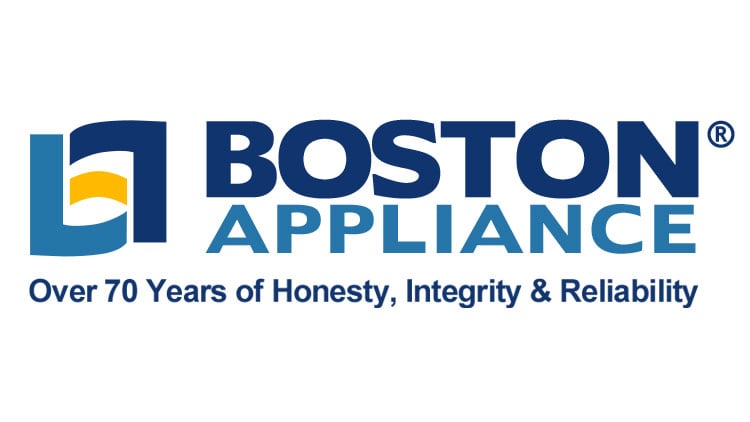
Last year, Boston Appliance went out of business, shutting down and taking millions of dollars.
I felt awful for the customers. How would they know?
 Photo Courtesy of WCVB-TV News
Photo Courtesy of WCVB-TV News
This was a 55-year-old business, and the Google Reviews were pretty good at first glance.
I will show you how to interpret Google Reviews later in the article.
You want to avoid this:
Review Posted on 7/21/2023: "If I could give NO stars, I would! This company is horrible and unethical! We ordered $31,000 worth of appliances in March for delivery in June. Paid in full. Phone lines are now disconnected, and the windows and doors of the building are boarded up. They have our money, and we don't have the appliances or any information. No one will return calls or emails. Horrible."
I will show you some early warning signs, so you don't find yourself in the same situation. Why You Will See More Store Closures
Home improvement surged during COVID-19 as people couldn't travel to restaurants or engage in other leisure activities, so money was spent at home.
However, costs increased as well, especially for appliances, insurance, and warehousing (up 300% in ten years).
The percentage difference lost could be 10-20% if the store sold it before an increase but didn't deliver it until after.
Many stores didn't have a choice because they didn't own their own warehouse or didn't have enough space.
For example, we had to move our warehouse from Stoughton to Norton.
How to Tell When an Appliance Store Is Going Out of Business
1. They Don't Answer Phones, Texts, or Email

When all communication ceases, that's a problem. Now, the bar is low in our industry, as many stores don't answer the phones for general inquiries before buying anything.
But that should change once they have your money.
Pro Tip: Typically, the salesperson will possess their own phone line extension. You should have their direct line and personal cell phone if possible.
Our routine involves daily phone monitoring.
We monitor screens displaying individuals in queue for assistance and track the average response time for picking up calls.
2. The Store is Closed During Open Times

This is a huge red flag.
It raises concerns when the store's stated opening hours are from 10 AM to 6 PM, but the doors are locked as early as 3 PM.
Customers complained about the last store closure, saying the store was always closed.
3. Incomplete Displays
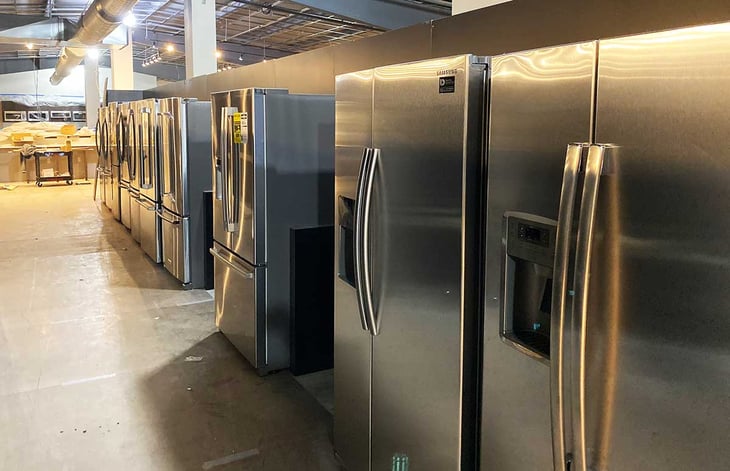
When you see displays with tons of holes where appliances used to be, the store may not have enough money to restock or merchandise the store.
They will be using your money to pay off previous customers and suppliers.
4. Bad Reviews

This one is tricky.
You probably know the good stores from the bad ones by the overall rating.
However, it's much harder when a good store becomes bad because the older good reviews can cancel the more recent bad ones.
You should be interested in the more recent reviews.
Try this instead:
- For Google Reviews, type in "latest." Then, type in "delivery" to look at potential delivery issues.
- On Yelp, type in "latest" and then search for delivery.
Also, look at store responses. No responses mean they probably did not address or fix the issue.
5. The Prices Are Ridiculously Low
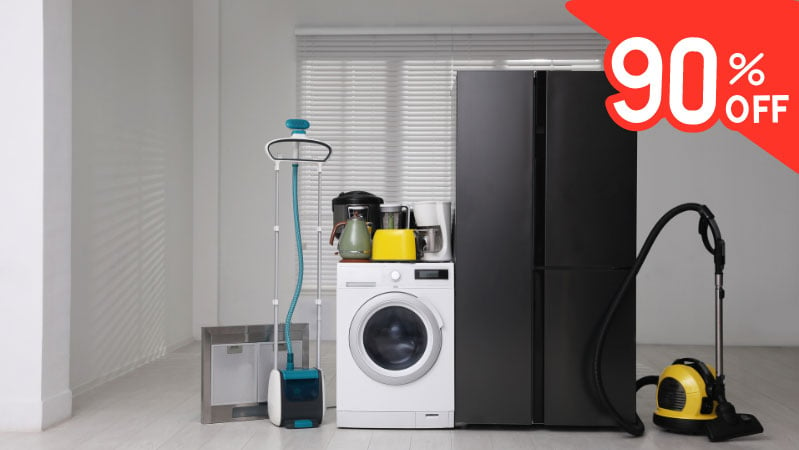
Using appliances as an example, we all buy from the same sources.
Most quotes show a 2%-7% differentiation because appliance margins are low compared to other industries.
When you see 10%, 15%, 20% differences, you must question their ability to deliver.
The store committing fraud won't matter if they don't deliver your appliances.
By the way, I am NOT saying I don't want you to shop for the best deal.
6. They Demand Full Payment for a Delayed Delivery
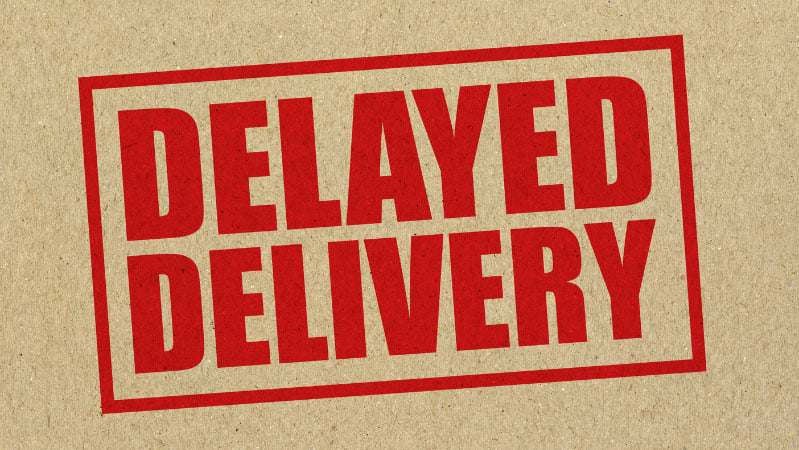
You will be asked for full payment by any store if you are buying for immediate delivery.
However, asking for full payment for an order delivered far in the future is another red flag.
Look at the reviews of the store that just went out of business, and you'll see a pattern: low prices with full deposits.
We ask for a deposit and will hold your appliances for up to three months.
By the way, you no longer need to order your appliances one year ahead. The supply chain issues are over.
Tips for Smart Appliance Shopping
1. Shop in Established Stores
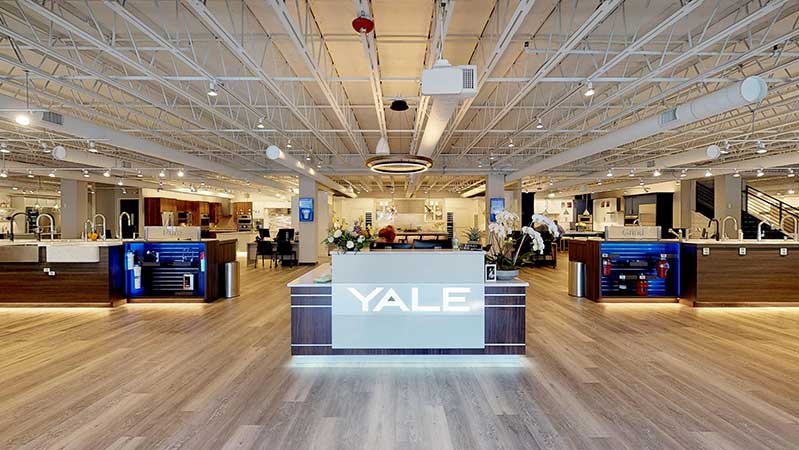
You have to believe Jordan's Furniture is not going out of business for furniture.
They are run by the same family and owned by Berkshire.
Amazon is another good choice.
You might doubt their execution, but Home Depot, Lowes, and Best Buy are too big to fail.
You will have at least one to three solid independent dealers in every geographic market.
Find them by looking at their reviews, displays, and speaking to their people.
You need to spend time vetting all your choices.
2. Schedule a Delivery Quickly
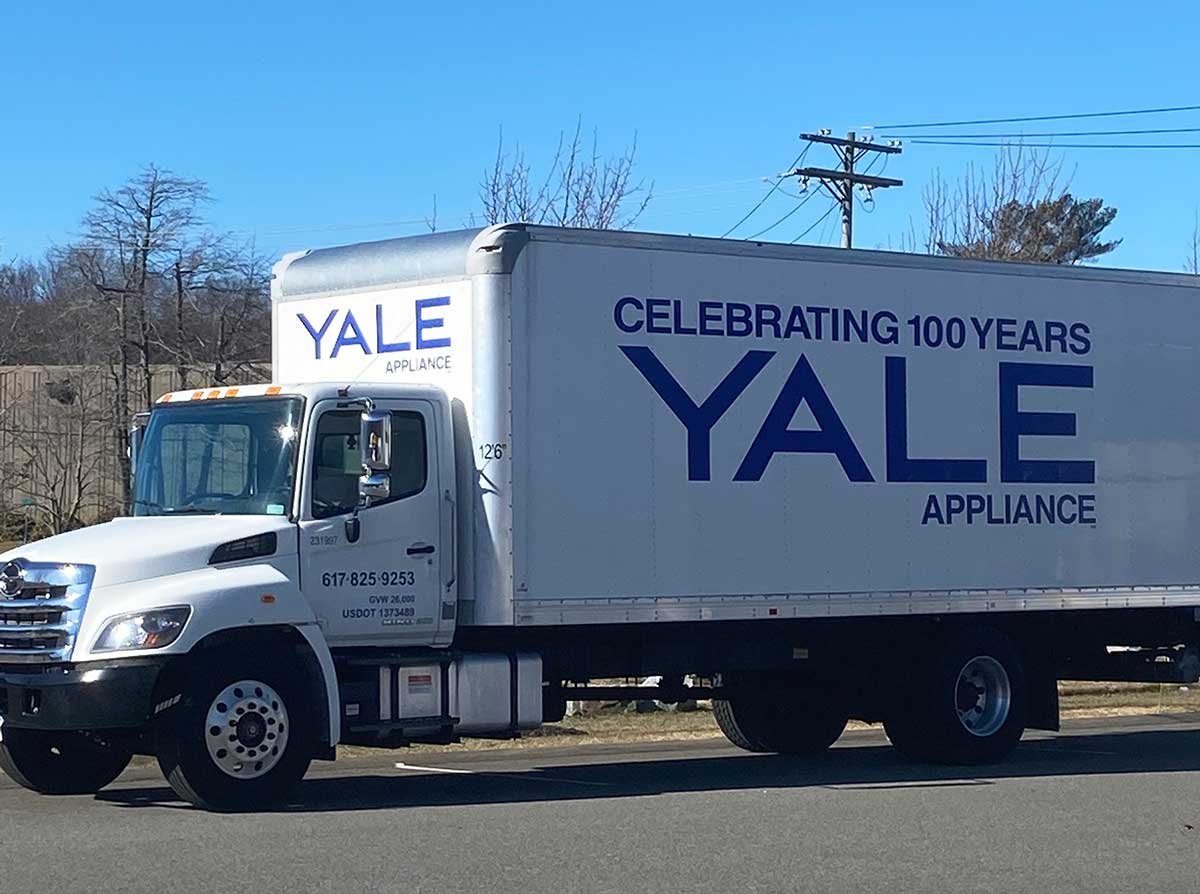
If you are unsure of a store's fitness, take delivery asap to reduce the odds of losing money.
You can and should always claim a refund on your credit card with the first missed delivery.
This brings us to a problem: Don't be pressured to make a purchase. Only make the purchase when you are ready.
Appliance sales happen every year at the same times - there's Black Friday, Tax-Free Weekend, Labor Day, Memorial Day, July 4th, and Presidents' Day.
It's like catching a train or bus.
Don't worry, another train or bus will arrive at the same interval, so don't be worried you missed the last one.
3. Do Not Pay by Cash or Check
Boston Appliance was giving massive discounts right before they closed.
You have recourse when you pay by credit card and none when you pay cash.
🔍Read More: 6 Odd Yet Effective Tips to Choose an Appliance Store
How Do You Recoup Your Money When a Store Closes
You would think the bank would just refund your money. I thought so, too, but that is not the case, according to the ten articles I read online.
Most of the time, you will lose money, but here is the painful process you want to avoid:
- For Chargebacks: Reason for Chargeback: To initiate a chargeback, there must be a valid reason, such as non-delivery of goods, defective products, or fraudulent charges. If the reason for the chargeback is legitimate, it improves the chances of winning the dispute.
- Evidence and Documentation: Providing strong evidence is crucial in a chargeback dispute. This includes order confirmations, invoices, receipts, correspondence with the store, and any attempts to resolve the issue before the store went out of business. Documentation should demonstrate that the consumer made a good-faith effort to receive the product or resolve the matter.
- Time Limit for Chargebacks: Credit card companies have specific time limits for initiating chargebacks. Generally, it is advisable to initiate a chargeback as soon as the issue arises or becomes evident. Delaying the process may reduce the likelihood of a successful chargeback. BTW, this is yet another reason why you do not need to buy in advance.
- Credit Card Company Policies: Each credit card company has its own policies and procedures for handling chargeback disputes. Some companies may be more consumer-friendly and may provide better protection in these situations. Understanding the credit card company's policies can help build a stronger case.
- Purchase Protection Policies: If the credit card used for the purchase offers purchase protection or extended warranty coverage, it may provide the consumer with an additional layer of protection. Check the credit card's terms and conditions to see if such coverage applies.
- Merchant Processor or Insolvency Proceedings: In cases where a store has ceased operations, it may have used a merchant processor to handle credit card transactions. Sometimes, the merchant processor might be held liable for chargebacks if the store cannot fulfill its obligations. Additionally, if the store has filed for bankruptcy, consumer claims may be considered in the insolvency proceedings.
- Contact the State Attorney General's Office: In cases where a store has closed due to alleged unfair or deceptive practices, consumers can file a complaint with them. They have the authority to investigate and take legal action against businesses that violate consumer protection laws.
- Class Action Lawsuit: If multiple consumers have been affected by the store's actions, they may consider joining forces to file a class action lawsuit. This allows a group of consumers with similar claims to seek compensation collectively. Consulting with a consumer protection attorney can help determine if a class action is feasible and appropriate in the given situation.
- Bankruptcy Proceedings: If the store has filed for bankruptcy, consumers may be able to participate in the bankruptcy proceedings as creditors. However, in most cases, consumer claims are prioritized lower than secured creditors and may not receive full compensation.
- Fraudulent Conveyance Claims: If evidence suggests that the store's owners transferred assets or funds to avoid creditors, consumers might have a fraudulent conveyance claim. This would involve alleging the owners wrongfully transferred assets intending to hinder or defraud creditors.
- Insurance Coverage: Depending on the circumstances, the store's closure might trigger certain insurance policies that could cover consumer claims. For instance, if the store had liability insurance, it might offer coverage for consumer claims arising from its actions. Consult an attorney who can evaluate the situation and explore available legal options. An attorney will be familiar with the state's consumer protection laws and can guide the consumer through seeking restitution or compensation.
Pro Tip: It's important to act promptly when dealing with a store that is no longer in business, as statutes of limitations may apply. This limits the time frame for legal action.
Key Takeaways
You must perform your due diligence.
Check reviews, call the company a few times during the day, meet with the salesperson, and ask a few questions. Call and see the responsiveness.
Don't pay in full and use a bank card; not that it will give you tons of protection.
Sometimes, the deals are too good to be true.
Lastly, be prepared to walk away.
Additional Resources
Download the Yale Appliance Buying Guide covering all topics of appliances. Over 1 million people have read a Yale Guide.
Related Articles:
- Finding the Best Appliance Dealers Near You
- 6 Odd Yet Effective Tips to Choose an Appliance Store
- How Long Will It Take to Have My Appliances Delivered?
- 10 Questions to Ask Your Appliance Salesperson
- Why Doesn’t Every Appliance Brand and Store Offer Service?
Recent Posts
Why Should You Trust Us?
It seems that every appliance review has nothing but glowing comments about almost every product, yet you read customer reviews and they are almost universally bad.
We are here to fill in the disconnect. We'll give you the best features, and the drawbacks as well, including reliability based on over 37,000 calls performed by our service team just last year. Our goal is to give you ALL the information so you know what's right for you.
Please consider subscribing or adding to the conversation in the comments below. We appreciate you stopping by.
Steve Sheinkopf is the third-generation CEO of Yale Appliance and a lifelong Bostonian. He has over 38 years of experience in the appliance industry, and he is a trusted source of information for consumers on how to buy and repair appliances.
Steve has also been featured in numerous publications, including the
New York Times,
Consumer Reports,
The Boston Globe,
Bloomberg Radio, the
New York Post,
The Wall Street Journal, and
Entrepreneur, for his knowledge of how to buy appliances and appliance repair.
Steve is passionate about helping consumers find the best appliances for their needs, and he is always happy to answer questions and provide advice. He is a valuable resource for consumers who are looking for information on appliance buying, repair, and maintenance.
Despite being the worst goalie in history, Steve is a fan of the Bruins and college hockey, loves to read, and is a Peloton biker. The love of his life is his daughter, Sophie.
A Note About Pricing
Pricing on this blog is for reference only and may include time sensitive rebates. We make every attempt to provide accurate pricing at time of publishing. Please call the stores for most accurate price.

